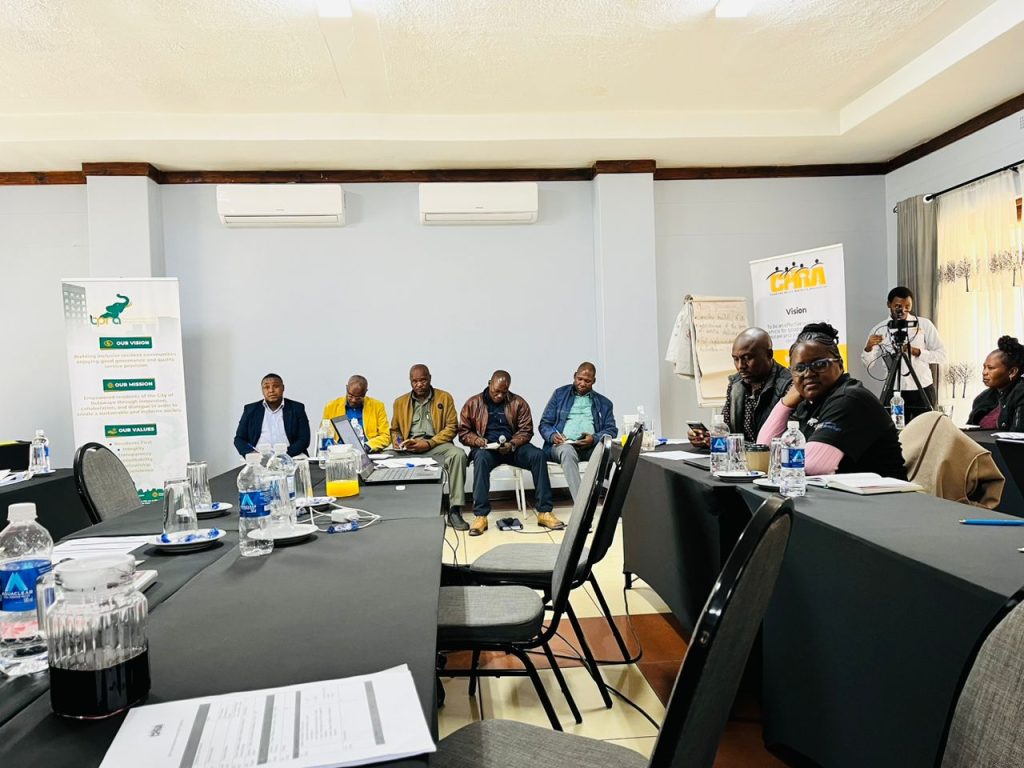By Staff Reporter
Bulawayo – Residents’ Associations (RAs) across Zimbabwe have concluded their annual national summit, issuing a resounding call for immediate government action to address the country’s escalating climate change and water crisis.
The two-day event, held last week in Bulawayo under the theme “Towards Water Justice and Climate Resilience,” brought together a diverse group of stakeholders, including civil society organizations, academics, traditional leaders, and representatives from local authorities.
Under the umbrella of the Zimbabwe Union of Residents and Ratepayers’ Associations (ZURRA), the summit was hosted by the Bulawayo Progressive Residents’ Association (BPRA) and the Combined Harare Residents’ Association (CHRA).
Participants deliberated on pressing water and climate change issues, as well as strategies to strengthen citizen participation in partnership with the Urban Councils Association of Zimbabwe (UCAZ) and the Association of Rural District Councils of Zimbabwe (ARDCZ).
RAs under ZURRA affirmed their commitment to advocate for the urgent completion of the Matabeleland Zambezi and Kunzvii Dam water projects.
Summit deliberations underscored the pivotal role of these critical infrastructure projects in bolstering climate resilience, mitigating the impacts of drought and water scarcity, ensuring water security, supporting agricultural and industrial sectors, and promoting renewable energy through hydroelectric power generation.
Recognizing the need for localized climate action plans, RAs agreed to co-create these policies with their respective local authorities.
At the summit, RAs emphasized the imperative of constructing climate-resilient communities to safeguard vulnerable populations from the detrimental effects of climate change.”
Ahead of the COP15 Ramsar Summit to be held in Zimbabwe in 2025, RAs vowed to intensify advocacy for the protection of wetlands.
Over the years, wetlands have been denigrated by land barons, mining companies and human activities that have brazenly disregarded the country’s environmental laws.
The summit offered a vital forum for RAs to collaborate and develop effective policies and frameworks aimed at conserving wetlands and vital ecosystems.
These ecosystems play a crucial role in mitigating climate change and safeguarding water security.




